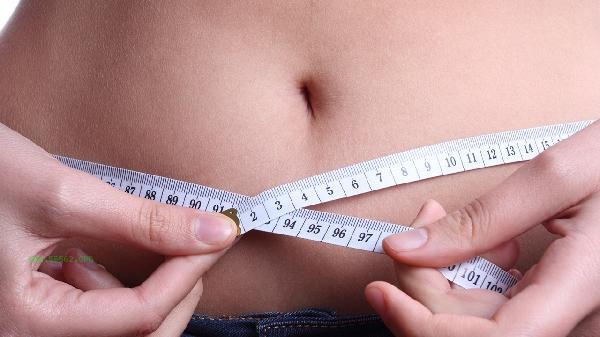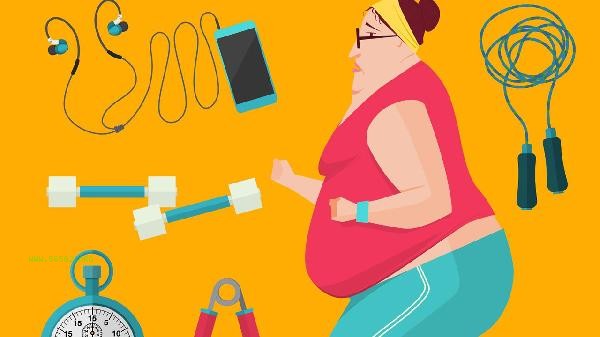Dieting for weight loss usually results in weight loss 3-5 days after the start, which is influenced by basal metabolic rate, dietary control intensity, water loss, muscle content, and individual differences.
1. Basal metabolic rate: People with high basal metabolism consume energy faster and may experience weight changes 2-3 days after dieting. Individuals with larger muscle mass tend to experience more significant early weight loss due to higher resting energy consumption. Women may lose weight slightly slower than men in the early stages due to hormonal fluctuations.

2. Dietary control intensity: When the daily calorie deficit reaches 500 calories or more, most people observe weight loss around the fourth day. In a completely fasting state, glycogen depletion is initiated within 24-48 hours, but extreme dieting may lead to a rapid decrease in basal metabolic rate.
3. Water loss: The weight loss in the first 1-3 days of
mainly comes from the consumption of water and glycogen. Each gram of glycogen binds 3-4 grams of water, and limiting carbohydrate intake can cause short-term weight changes of 1-3 kilograms due to water loss.
4. Muscle Content:

Muscle tissue has a water content of 75%. When protein intake is insufficient, muscle breakdown accelerates water loss. If a strength trainer suddenly reduces protein intake, there may be significant weight fluctuations on the 5th to 7th day.
5. Individual differences:
Individuals with thyroid dysfunction have different metabolic rates, and the time of weight change may be delayed. Due to metabolic adaptation, the weight loss initiation period for long-term fasting populations may be extended to more than 7 days when dieting again.
It is recommended to use a stepwise heat control method, reducing 300 calories per day in the initial stage and gradually increasing them, while retaining muscles through impedance training. Losing no more than 1% of total weight per week can avoid metabolic damage. When recording the fasting weight in the morning, attention should be paid to the effect of women's menstrual cycle on water and sodium retention. It is suggested that the weekly average value be used to evaluate the effect. Excessive dieting may lead to a 20-30% decrease in basal metabolic rate, and a plateau period may occur in the later stage. Reasonable combination of protein and dietary fiber can maintain a longer weight loss effect.





Comments (0)
Leave a Comment
No comments yet
Be the first to share your thoughts!